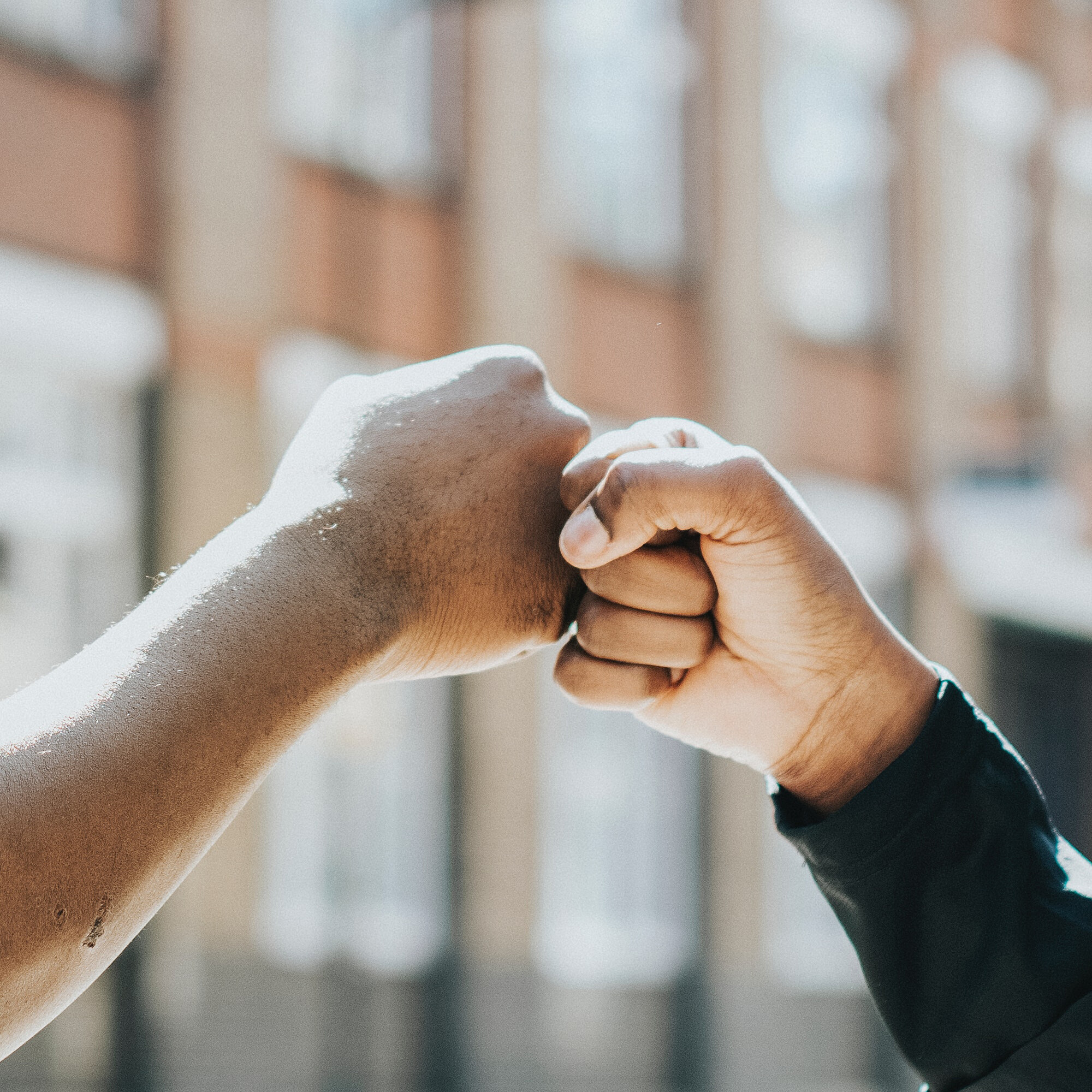(Adopted unanimously by the church membership on June 14, 2020)
We’ve seen the news of the deaths of George Floyd in Minneapolis, Breonna Taylor in Louisville, KY, Tony McDade in Tallahassee, FL, Ahmaud Arbery in GA and countless others who have been victims of police brutality, white supremacy, and senseless acts of violence. We have seen the protests across the country demanding justice for these victims, their families, and Black people across the country and the globe. We have seen the effects of this pandemic disproportionately impact Black people and communities of color due to structural racism in our country and abroad.
In these times of grief, despair, and fear, we are reminded of our duties as Christians as Pastor Michael Newheart preached to us not too long ago: “what does the Lord require of you but to do justice, and to love kindness, and to walk humbly with your God?” (Micah 6:8). We here at First Baptist want to dig into what it means to do these things in this moment that is exposing to all the deep and festering wounds of racial injustice in this country.
We recognize that our church has supported the mission of social justice for quite some time and celebrate that history and draw wisdom from our experiences, but we still have work to do. Racial inequity is still pervasive in our communities here in Dane County. We have seen police violence against Black people in this city too. What can we do to be a force of change in our own communities and around the world? What does it mean for us as Christians to commit to racial justice in this time and beyond? We are re-committing ourselves to this journey and recognize that we have work to do. We’re starting with educating ourselves on systemic racism and its impacts on our communities, so we can be part of the solution in dismantling these systems. We then plan to share with the public our individual commitments and collective commitments as a church to racial justice. We feel that sharing these commitments better holds us accountable and inspires others to join us in the journey.


